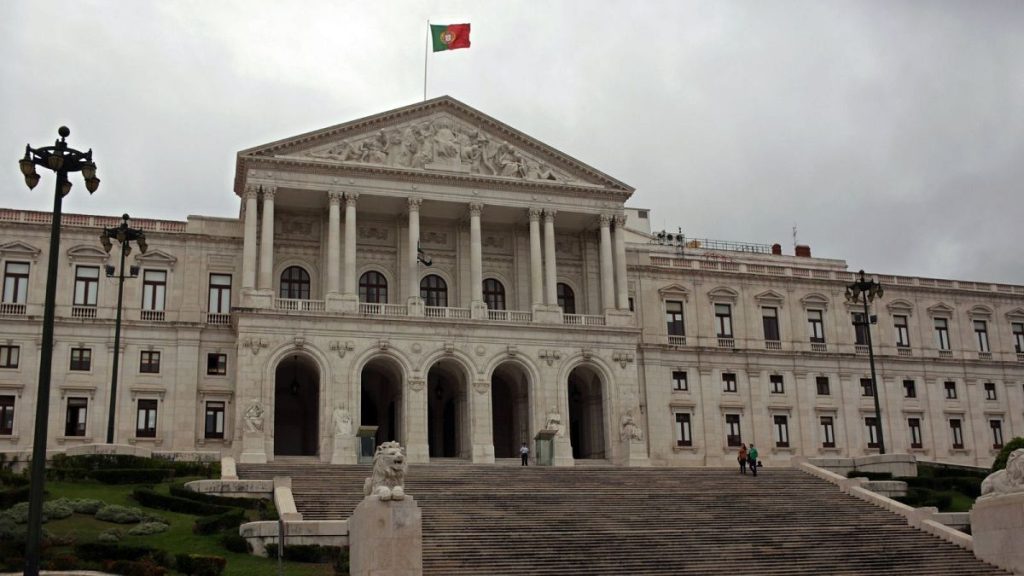The Portuguese Parliament is currently reviewing a proposal to extend fully paid parental leave in the country to six months, up from the current four months. Additionally, the proposal includes increasing the leave at 80% pay from five months to seven months. While the measure has received preliminary approval, it still needs to be further discussed by the Labour and Pensions Committee. However, due to the ongoing debate over the State Budget, it is unlikely that the proposal will be approved by the end of the year.
The ruling parties, PSD and CDS-PP, voted against the proposal, suggesting that it should be addressed through social consultation. On the other hand, opposition parties believe that supporting newborn care and encouraging higher birth rates are essential. Demographer Maria João Valente Rosa emphasized the importance of the measure in helping parents be present in the early stages of their child’s life, although she noted that immediate increases in birth rates may require immigration due to the significant decline in birth rates over the years.
The extended parental leave is seen as a valuable aid for balancing work and family life, rather than a direct solution to Portugal’s declining birth rate. Current parent Daniela Costa, who is on leave at 80% of her salary, expressed how the flexibility in her work schedule has been beneficial for managing her time with her children. While Daniela may not directly benefit from the extension, she believes that it is crucial to offer support to both mothers and fathers so they can spend more time with their young children when needed.
The proposal for extended parental leave will continue to be discussed in the parliamentary committee, but it is not included in the 2025 State Budget. The government has warned that the proposed changes would add 230 million euros in costs, increasing total expenditures for parental leave to 630 million euros. Despite the financial implications, many believe that the benefits of extended parental leave, such as helping parents be more present in their children’s early stages of life and achieving a better work-life balance, outweigh the costs.
The debate on extended parental leave in Portugal highlights the ongoing efforts to support families and address demographic challenges in the country. While the proposed changes may not directly address the declining birth rate, they are viewed as a step in the right direction to provide assistance to parents and promote family well-being. As the discussion continues in the parliamentary committee, stakeholders will need to consider the potential impacts on the economy and budget, while also acknowledging the positive effects that extended parental leave can have on families. Ultimately, the decision on whether to approve the proposal will require a careful balance between financial considerations and the social benefits of supporting parents in their caregiving responsibilities.













